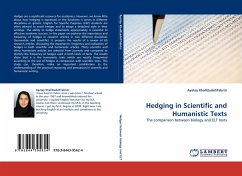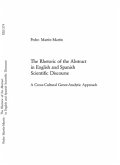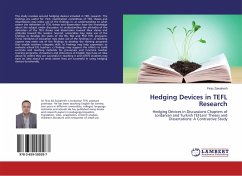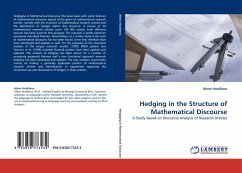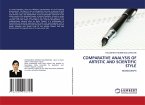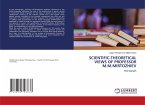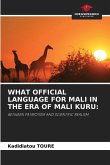Hedges are a significant resource for academics. However, we know little about how hedging is expressed or the functions it serves in different disciplines or genres. English for Specific Purposes (ESP) students are often advised to avoid hedges and to adopt a detached style in their writings. The ability to hedge statements appropriately is essential to effective academic success. In this paper we explores the importance and frequency of hedges in research articles in two different disciplines (humanistic and scientific). It presents the results of a review of 60 research articles, discussing the importance, frequency and realization of hedges in both scientific and humanistic articles. Thirty scientific and thirty humanistic articles are selected from journals and compared to identify the frequency of hedges used in both kinds of texts. The results show that it is the humanistic texts which are mostly frequented according to the use of hedges in comparison with scientific texts. This study can, therefore, make an important contribution to the understanding of the practical reasoning and persuasion in scientific and humanistic writing.
Bitte wählen Sie Ihr Anliegen aus.
Rechnungen
Retourenschein anfordern
Bestellstatus
Storno

